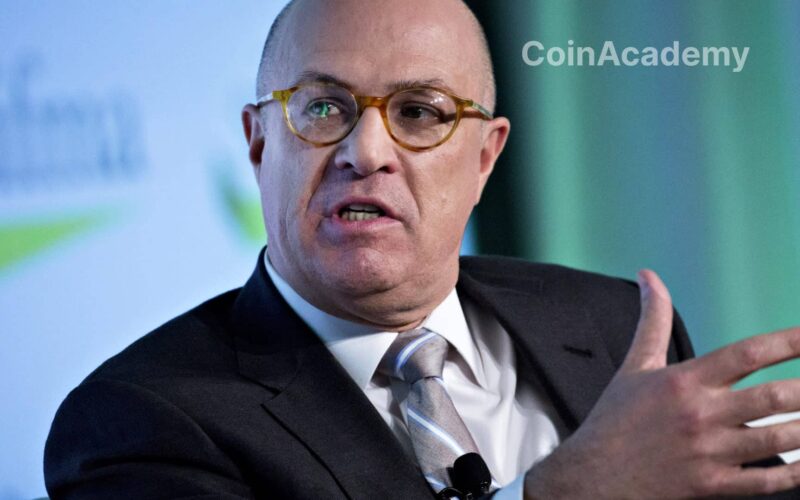Uniswap Labs Pays $175,000 Fine to CFTC for Illegally Offering Derivative Products
Uniswap Labs, the developer of decentralized exchange Uniswap, has agreed to settle a $175,000 fine with the Commodity Futures Trading Commission (CFTC) in the United States. The fine comes as a result of allegations regarding the offering of illegal derivative products on digital assets, a violation of commodity laws. While the case is now closed, it raises questions about the future of DeFi protocols in the US.
The Context of the Violations
The dispute between Uniswap Labs and the CFTC stems from the platform’s operations, which allowed institutional and individual users to trade digital assets through liquidity pools on the Ethereum blockchain. These pools, consisting of digital asset pairs, enabled the creation and trading of leveraged tokens, providing exposure to cryptocurrencies such as ETH and BTC.
However, the CFTC determined that these leveraged tokens were considered margin transactions, involving commodities that could not be delivered within 28 days, and therefore subject to strict regulations. According to the CFTC, these products should only have been offered on designated contract markets or registered with the agency, which was not the case for Uniswap Labs. As a result, the company violated the law by not complying with the necessary regulatory requirements.
Uniswap Labs Under Regulatory Pressure
This case is not the first time Uniswap Labs has faced regulators in the US. In May 2024, the company had already received a ‘Wells Notice’ from the Securities and Exchange Commission (SEC), a preliminary document warning of potential legal action. The SEC accused Uniswap of acting as an unregistered exchange and unauthorized broker-dealer.
These two cases highlight the increasing pressure exerted by regulators on DeFi protocols, and more broadly, on the digital asset industry. While the $175,000 fine is relatively modest, the potential impact of this decision on innovation in the decentralized finance (DeFi) sector is more concerning.
Reaction of the CFTC and the DeFi Sector
The Director of the CFTC’s Division of Enforcement, Ian McGinley, stated that this action underscores the agency’s commitment to enforce the law as digital asset and DeFi ecosystems continue to evolve. He emphasized that DeFi operators must remain vigilant to ensure their transactions comply with the current legislation.
Katherine Minarik, the Legal Director of Uniswap Labs, responded by highlighting the company’s cooperation with the authorities and expressing satisfaction with the swift resolution of this matter. She affirmed that this violation only concerns a tiny fraction of trading activities on their platform. In a message posted on X (formerly Twitter), she shared the details of the settlement.
Criticism within the CFTC
Although the case is closed, the CFTC’s decision has not been universally acclaimed, even within the agency. Two Republican commissioners expressed their discontent, criticizing the commission’s approach. Commissioner Summer Mersinger denounced ‘regulation by enforcement,’ arguing that the CFTC’s laws and regulations were designed for centralized and traditional market infrastructures, not DeFi protocols.
Mersinger warned that this decision could have long-term consequences, including discouraging DeFi innovations in the US and pushing this activity to other jurisdictions. She added that the agency should consider establishing clear guidelines to enable DeFi protocols to comply with legal requirements.
Another commissioner, Caroline Pham, also criticized the action, arguing that it could violate the Administrative Procedures Act (APA), which governs how federal agencies develop and enforce rules. She advocated for a more thoughtful approach to DeFi regulation, noting that this case centered not on fraud but on a jurisdictional battle between the CFTC and the SEC.




